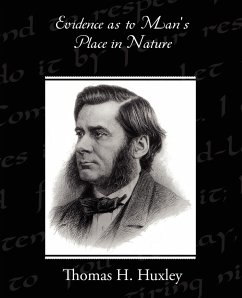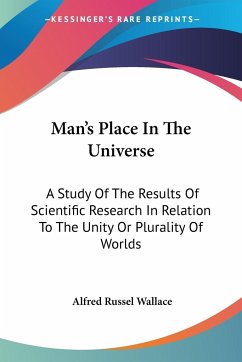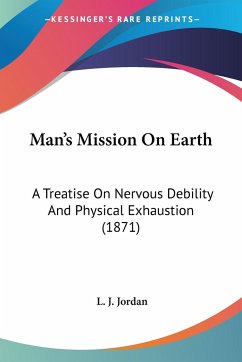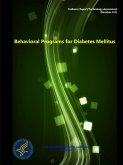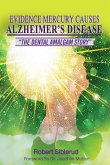Thomas Henry Huxley was a 19th century British biologist known as Darwin's Bulldog. Huxley's famous 1860 debate with Samuel Wilberforce was a key moment in the wider acceptance of evolution. Huxley was instrumental in developing scientific education in Britain. He became perhaps the finest comparative anatomist of the second half of the nineteenth century even though he had very little schooling and was primarily self-taught. Evidence as to Man's Place in Nature is a brilliantly written work in defense of evolution. Huxley presents his arguments in a manner that still has merit today. He uses the new science of "comparative anatomy" in making his arguments. This is one of the most important books on the theory of evolution.
Es gelten unsere Allgemeinen Geschäftsbedingungen: www.buecher.de/agb
Impressum
www.buecher.de ist ein Shop der
buecher.de GmbH & Co. KG
Bürgermeister-Wegele-Str. 12,
86167 Augsburg
Amtsgericht Augsburg HRA 13309
Persönlich haftender Gesellschafter: buecher.de Verwaltungs GmbH
Amtsgericht Augsburg HRB 16890
Vertretungsberechtigte:
Günter Hilger, Geschäftsführer
Christian Sailer, Geschäftsführer
Sitz der Gesellschaft:Augsburg
Ust-IdNr. DE 204210010

